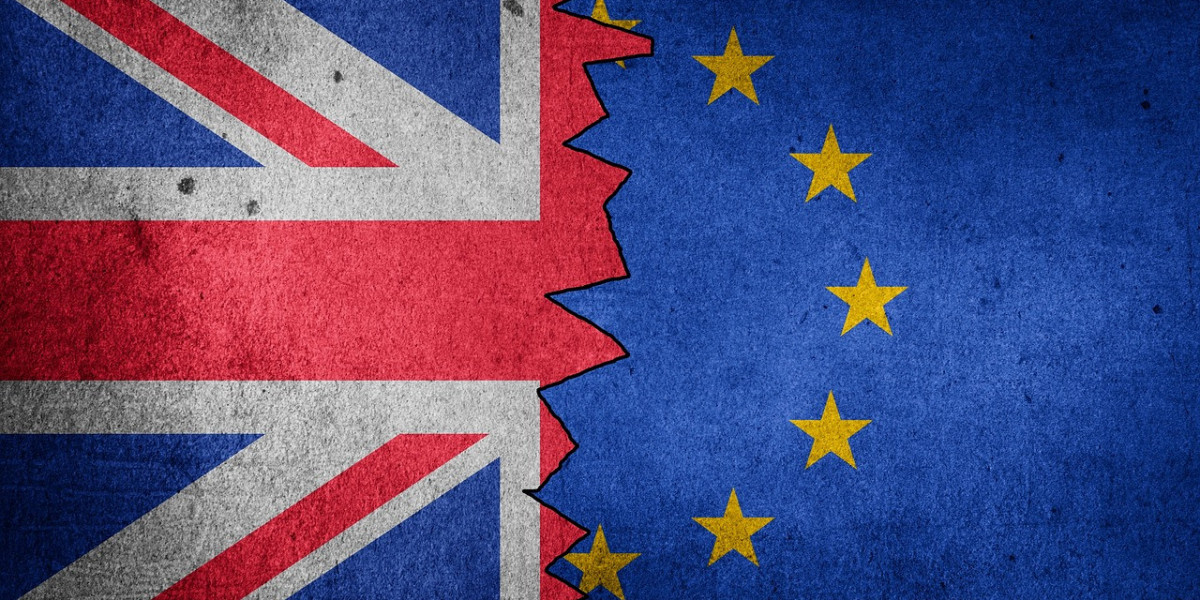Since the UK officially left the European Union, businesses have faced a wave of new regulations, paperwork, and logistical hurdles that have changed the way British companies export goods to Europe.
For decades, the EU single market allowed frictionless trade between the UK and its European neighbors. But Brexit brought an end to that, replacing it with complex customs checks, border delays, and strict rules of origin requirements. For many UK exporters, these changes have meant increased costs, lost business, and a steep learning curve.
So, how exactly has Brexit impacted UK exports to the EU? Let’s break down the key challenges and explore how businesses are adapting to this new trade landscape.
1. The Burden Of Customs Declarations And Paperwork
One of the biggest changes for UK exporters is the introduction of customs declarations. When the UK was part of the EU, goods moved freely without any customs checks. Now, every shipment to the EU requires detailed documentation, including:
- Customs declarations detailing the contents, origin, and value of goods
- Export health certificates for animal and plant products
- Proof of compliance with EU product standards
For small businesses that had never dealt with customs procedures before, this has been a major challenge. Many companies have had to hire customs brokers or invest in training to navigate the paperwork. Others have seen shipments delayed or even rejected due to incorrect documentation.
2. The Rules Of Origin Problem
Another major issue is the "rules of origin" requirement. Under the UK-EU Trade and Cooperation Agreement (TCA), goods can move tariff-free between the UK and EU—but only if they meet strict local content requirements. In other words, if a product contains too many components from outside the UK or EU, it may not qualify for tariff-free trade.
For manufacturers who rely on global supply chains, this has created complications. Take, for example, a UK clothing company that imports fabric from China, manufactures garments in Britain, and then sells them to customers in France. Because the raw materials originate from outside the UK or EU, the final product may not qualify for tariff-free export.
This has forced many UK businesses to rethink their supply chains, find new suppliers, or absorb extra costs in the form of tariffs.
3. Delays At The Border And Supply Chain Disruptions
In the early months after Brexit, long queues of lorries at ports like Dover and Calais made headlines, highlighting the real-world impact of new border checks. While some of these delays have since eased, businesses still report longer shipping times and unpredictable disruptions.
For industries that rely on just-in-time delivery—such as automotive manufacturing or fresh food exports—these delays can be disastrous. UK seafood exporters, for instance, have faced huge challenges getting perishable products to European markets on time. In some cases, entire shipments have been ruined due to border holdups.
To cope with these challenges, some companies have relocated parts of their operations to the EU to avoid the border friction altogether. Others have had to adjust delivery schedules, increasing costs and reducing competitiveness.
4. Additional Costs For UK Exporters
Aside from customs fees and tariffs, UK businesses exporting to the EU now face a range of additional costs, including:
- VAT Changes: UK exporters must now register for VAT in some EU countries, adding another layer of complexity.
- Compliance Costs: Meeting EU product regulations (such as CE marking requirements) can require additional testing and certification.
- Higher Shipping Fees: Many logistics companies have increased their prices due to the extra bureaucracy involved in UK-EU trade.
For many businesses, these added costs eat into profit margins and make UK goods less competitive in the European market.
5. How Businesses Are Adapting
Despite these challenges, UK exporters are finding ways to adapt to the new trade realities. Some of the key strategies include:
Relocating Operations To The EU
Many businesses, particularly those in manufacturing, have set up warehouses or offices in EU countries to bypass customs barriers. This allows them to sell to European customers as if they were an EU-based business, avoiding many of the new restrictions.
Using Third-Party Logistics Providers
To simplify the customs process, some businesses are partnering with third-party logistics companies that specialize in post-Brexit trade. These providers handle documentation and border procedures, reducing the administrative burden on UK exporters.
Adjusting Supply Chains
Some UK firms have changed suppliers to source more materials from the UK or EU, ensuring their products meet rules of origin requirements. Others have explored new markets outside the EU, focusing on trade deals with the US, Australia, and Asia.
Investing In Customs Expertise
To stay compliant, many businesses have hired customs specialists or trained in-house staff to manage export processes. While this is an added expense, it helps ensure smoother operations and fewer costly delays.
The Road Ahead For UK Exports
So, what does the future hold for UK-EU trade? While Brexit has undoubtedly made exporting to the EU more complex, some businesses are optimistic that things will improve over time. As companies become more familiar with the new rules and processes, trade may begin to stabilize.
The UK government has also introduced schemes to help exporters, such as financial support for businesses affected by Brexit and efforts to streamline trade agreements with other global markets. However, it remains to be seen whether these initiatives will be enough to offset the loss of easy access to the EU market.
One thing is clear: UK exporters must continue to adapt, innovate, and find new ways to remain competitive in an increasingly complex trade environment. While Brexit has created significant challenges, it has also pushed businesses to rethink their strategies, explore new opportunities, and build resilience for the future.








